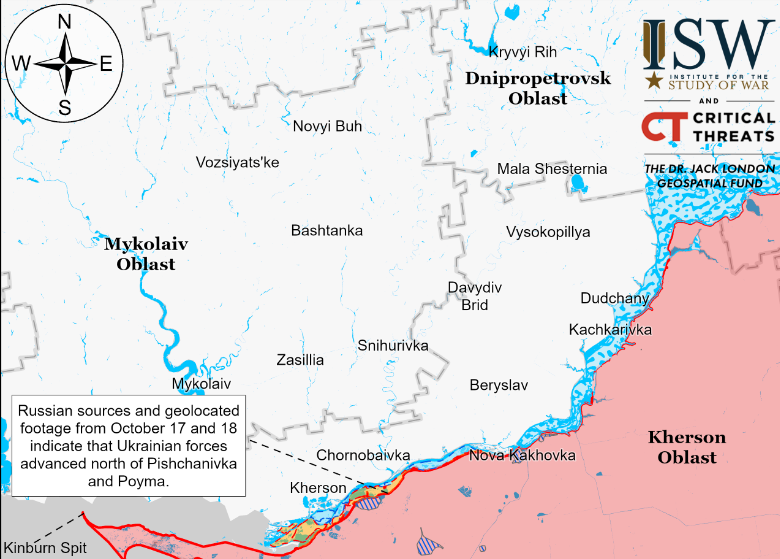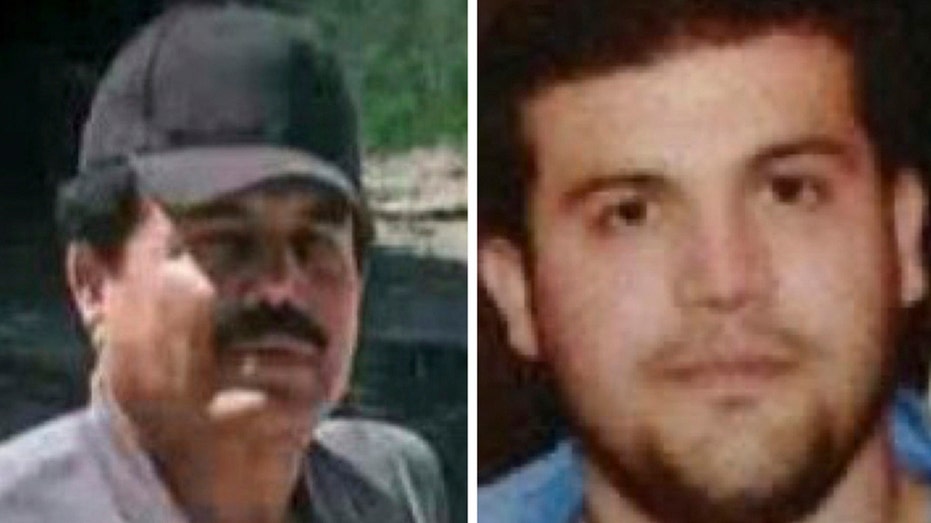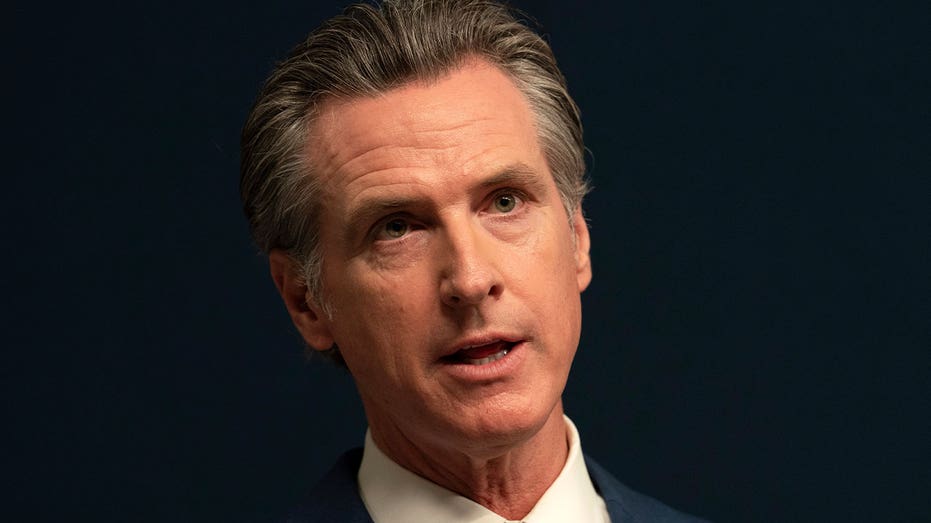Panama marks canal handover anniversary in shadow of Trump threat
by Juan Jose RodriguezPanama on Tuesday will mark the 25th anniversary of the United States' handover of its interoceanic canal, a milestone overshadowed by Donald Trump's threat to demand control be returned to Washington.The anniversary comes two days after the death of former US president Jimmy Carter, at age 100, who signed the canal treaties that led to the vital waterway's transfer on December 31, 1999.Trump, who will return to the White House on January 20, sparked anger among Panamanians by recently saying that Washington would demand the canal "be returned to us" if Panama could not ensure its "secure, efficient and reliable operation."The US president-elect slammed what he called "ridiculous" fees for US ships passing through the canal and even alleged, without evidence, that Chinese soldiers were "lovingly, but illegally, operating" the channel."There's nothing that unites Panamanians more than the defense of the canal," political scientist Sabrina Bacal said."But having a tense relationship with the superpower, the main trading partner and main user of the canal, is a very disadvantageous situation for a country like Panama," she told AFP.Francisco Cedeno, a 51-year-old graphic designer, described Trump's threats as "completely nonsensical.""He should first try to resolve his country's many problems and forget about the canal," Cedeno said.- 'The people don't benefit' -AFP U.S. President-elect Donald Trump has demanded Panama return control of the canal to the United StatesAn estimated five percent of global maritime traffic passes through the Panama Canal, which was inaugurated in 1914 and allows ships to avoid the long, hazardous route around the southern tip of South America.The United States is its main user, accounting for 74 percent of cargo, followed by China with 21 percent.The canal generates six percent of Panama's national economic output and 20 percent of its fiscal revenues. Since 2000 it has pumped around $28 billion into state coffers.However, many Panamanians say they have not felt the benefits."We Panamanians should not be as poor as we are because the canal brings in a lot of money," said Clotilde Sanchez, a 55-year-old cleaner in Panama City's banking district."The people don't benefit from the canal, only politicians do," said her colleague Nadili Perez, 40.According to Bacal, the political scientist, "this feeling of not benefiting from the canal has existed for years, but the reality is that the canal is the main source of wealth for Panamanians."The anniversary will be celebrated with a ceremony led by Panamanian President Jose Raul Mulino and canal administrator Ricaurte Vasquez.A march is planned in honor of around 20 Panamanians killed in 1964 after students tried to raise a Panamanian flag in the former "Canal Zone," a US enclave that had its own military bases, police and justice system.The canal handover came after Carter went back on a campaign promise during his first year in office and decided to cede management of the waterway.The treaties he signed with Panamanian leader Omar Torrijos on September 7, 1977 "put an end to an era of subjugation and began a period of independence and dignity," former president Martin Torrijos, the nationalist leader's son, told AFP."Any attempt to reverse or violate our sovereignty will be condemned and rejected by all Panamanians," he added.Mulino has ruled out negotiations with Trump over control of the canal, and denied that China had any influence over it."There are no Chinese soldiers in the canal, for the love of God," he said.© Agence France-Presse
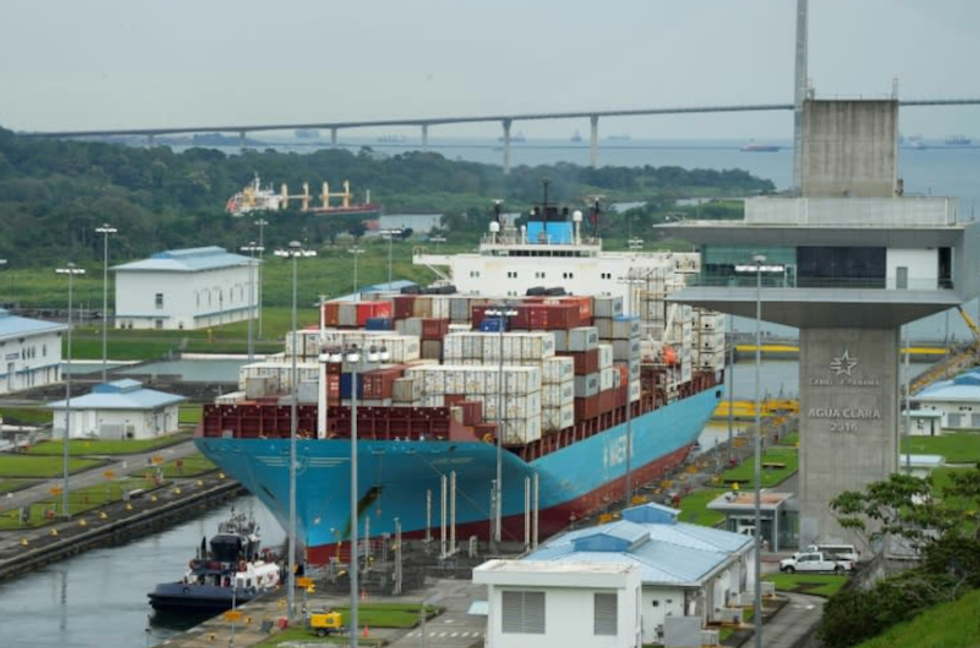
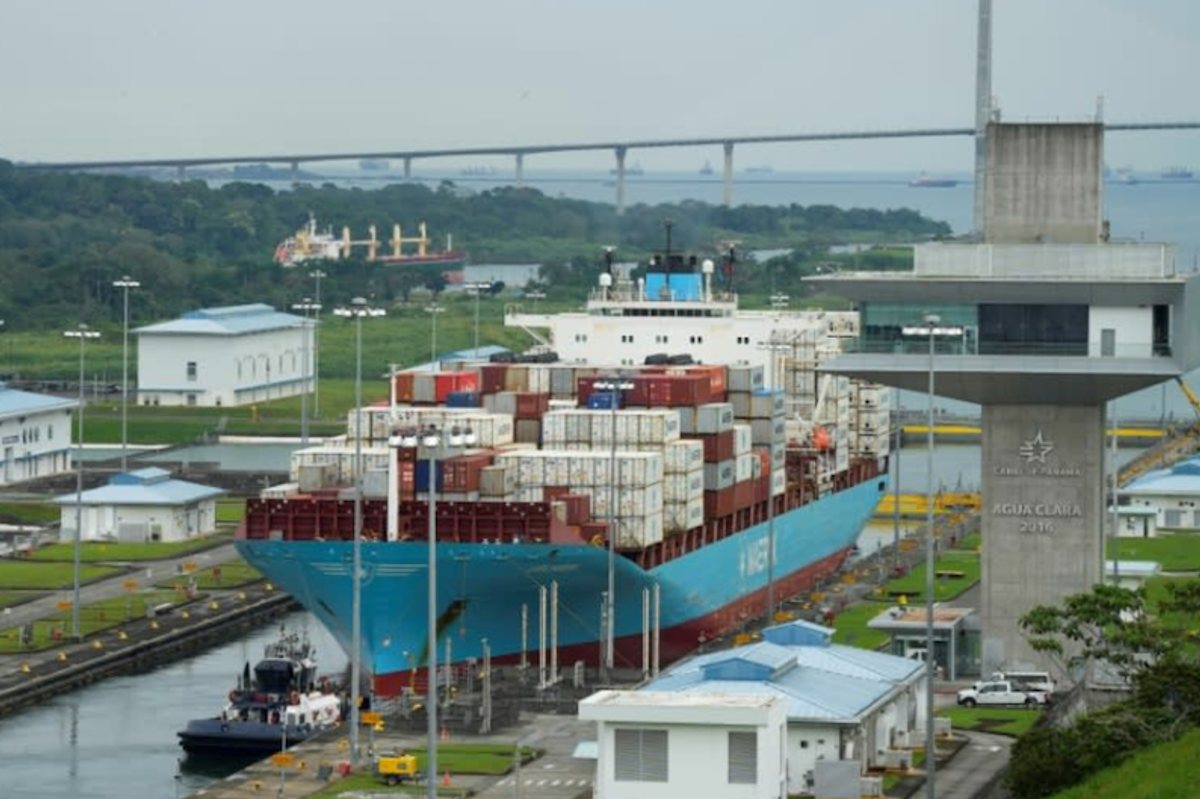
by Juan Jose Rodriguez
Panama on Tuesday will mark the 25th anniversary of the United States' handover of its interoceanic canal, a milestone overshadowed by Donald Trump's threat to demand control be returned to Washington.
The anniversary comes two days after the death of former US president Jimmy Carter, at age 100, who signed the canal treaties that led to the vital waterway's transfer on December 31, 1999.
Trump, who will return to the White House on January 20, sparked anger among Panamanians by recently saying that Washington would demand the canal "be returned to us" if Panama could not ensure its "secure, efficient and reliable operation."
The US president-elect slammed what he called "ridiculous" fees for US ships passing through the canal and even alleged, without evidence, that Chinese soldiers were "lovingly, but illegally, operating" the channel.
"There's nothing that unites Panamanians more than the defense of the canal," political scientist Sabrina Bacal said.
"But having a tense relationship with the superpower, the main trading partner and main user of the canal, is a very disadvantageous situation for a country like Panama," she told AFP.
Francisco Cedeno, a 51-year-old graphic designer, described Trump's threats as "completely nonsensical."
"He should first try to resolve his country's many problems and forget about the canal," Cedeno said.
- 'The people don't benefit' -
AFP U.S. President-elect Donald Trump has demanded Panama return control of the canal to the United StatesAn estimated five percent of global maritime traffic passes through the Panama Canal, which was inaugurated in 1914 and allows ships to avoid the long, hazardous route around the southern tip of South America.
The United States is its main user, accounting for 74 percent of cargo, followed by China with 21 percent.
The canal generates six percent of Panama's national economic output and 20 percent of its fiscal revenues.
Since 2000 it has pumped around $28 billion into state coffers.
However, many Panamanians say they have not felt the benefits.
"We Panamanians should not be as poor as we are because the canal brings in a lot of money," said Clotilde Sanchez, a 55-year-old cleaner in Panama City's banking district.
"The people don't benefit from the canal, only politicians do," said her colleague Nadili Perez, 40.
According to Bacal, the political scientist, "this feeling of not benefiting from the canal has existed for years, but the reality is that the canal is the main source of wealth for Panamanians."
The anniversary will be celebrated with a ceremony led by Panamanian President Jose Raul Mulino and canal administrator Ricaurte Vasquez.
A march is planned in honor of around 20 Panamanians killed in 1964 after students tried to raise a Panamanian flag in the former "Canal Zone," a US enclave that had its own military bases, police and justice system.
The canal handover came after Carter went back on a campaign promise during his first year in office and decided to cede management of the waterway.
The treaties he signed with Panamanian leader Omar Torrijos on September 7, 1977 "put an end to an era of subjugation and began a period of independence and dignity," former president Martin Torrijos, the nationalist leader's son, told AFP.
"Any attempt to reverse or violate our sovereignty will be condemned and rejected by all Panamanians," he added.
Mulino has ruled out negotiations with Trump over control of the canal, and denied that China had any influence over it.
"There are no Chinese soldiers in the canal, for the love of God," he said.
© Agence France-Presse

